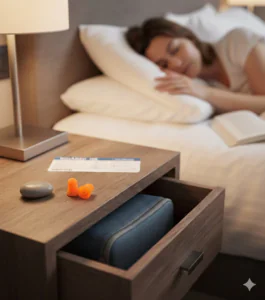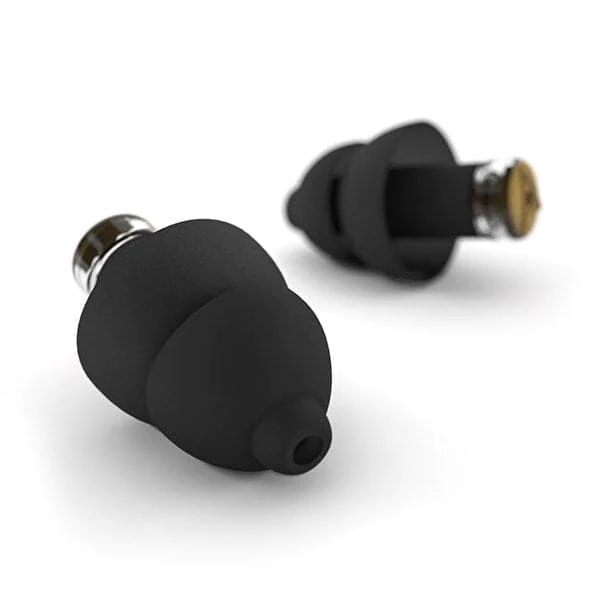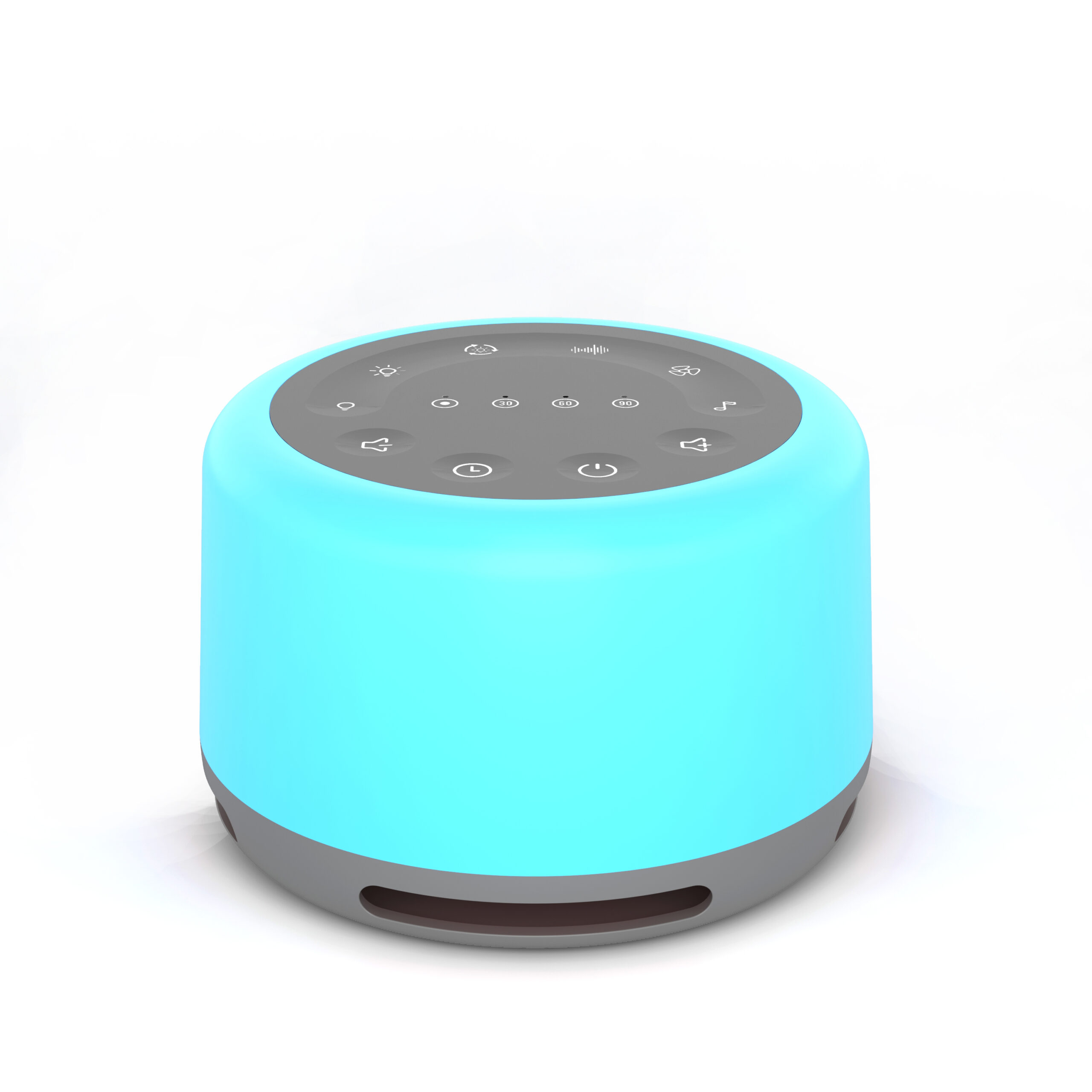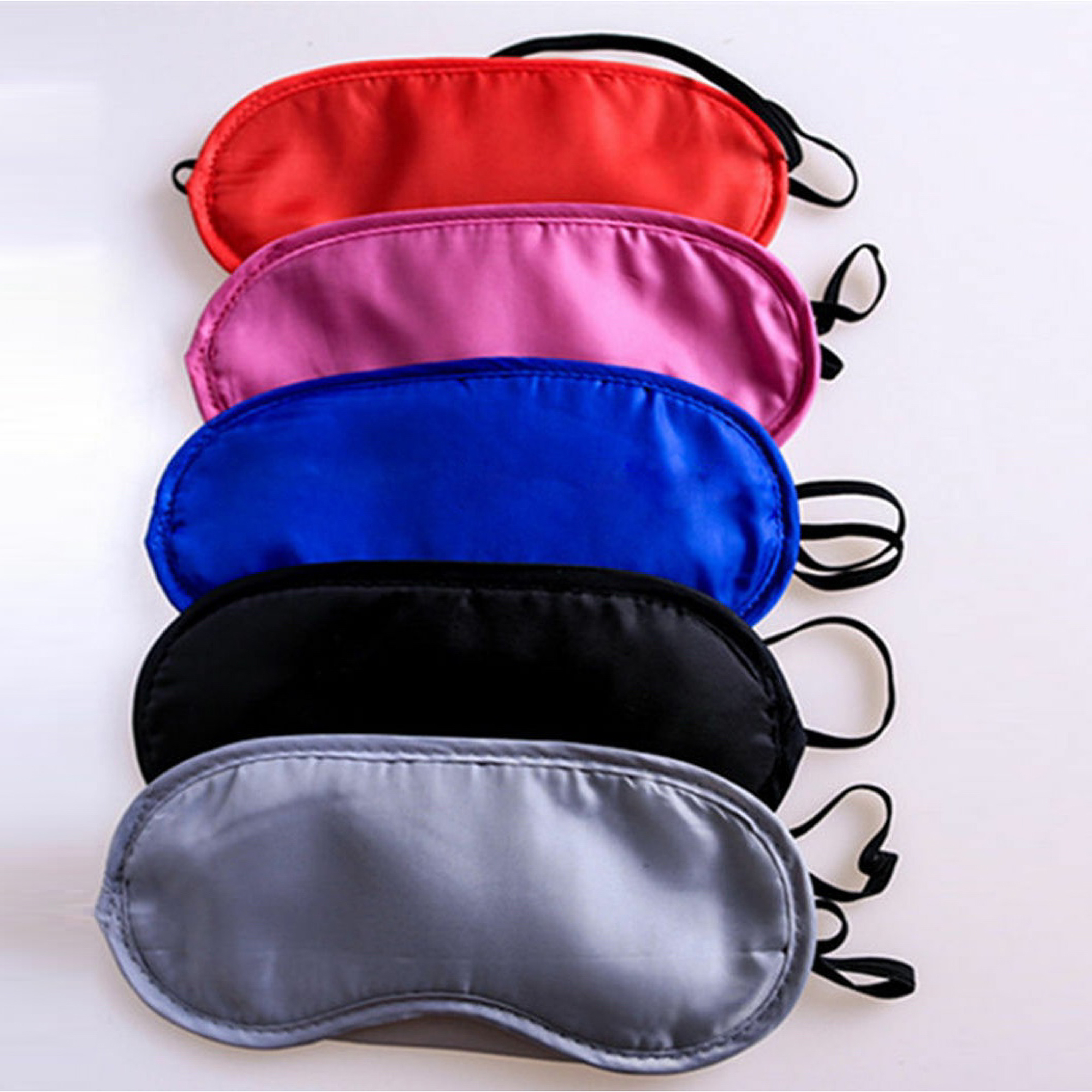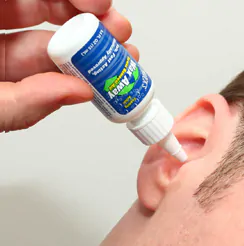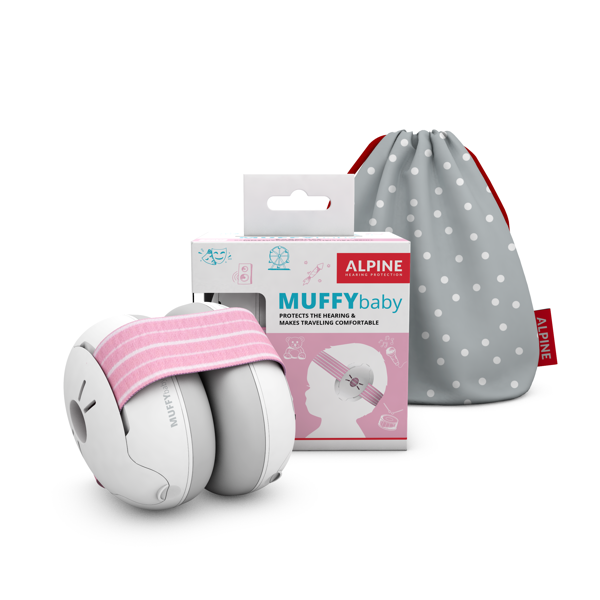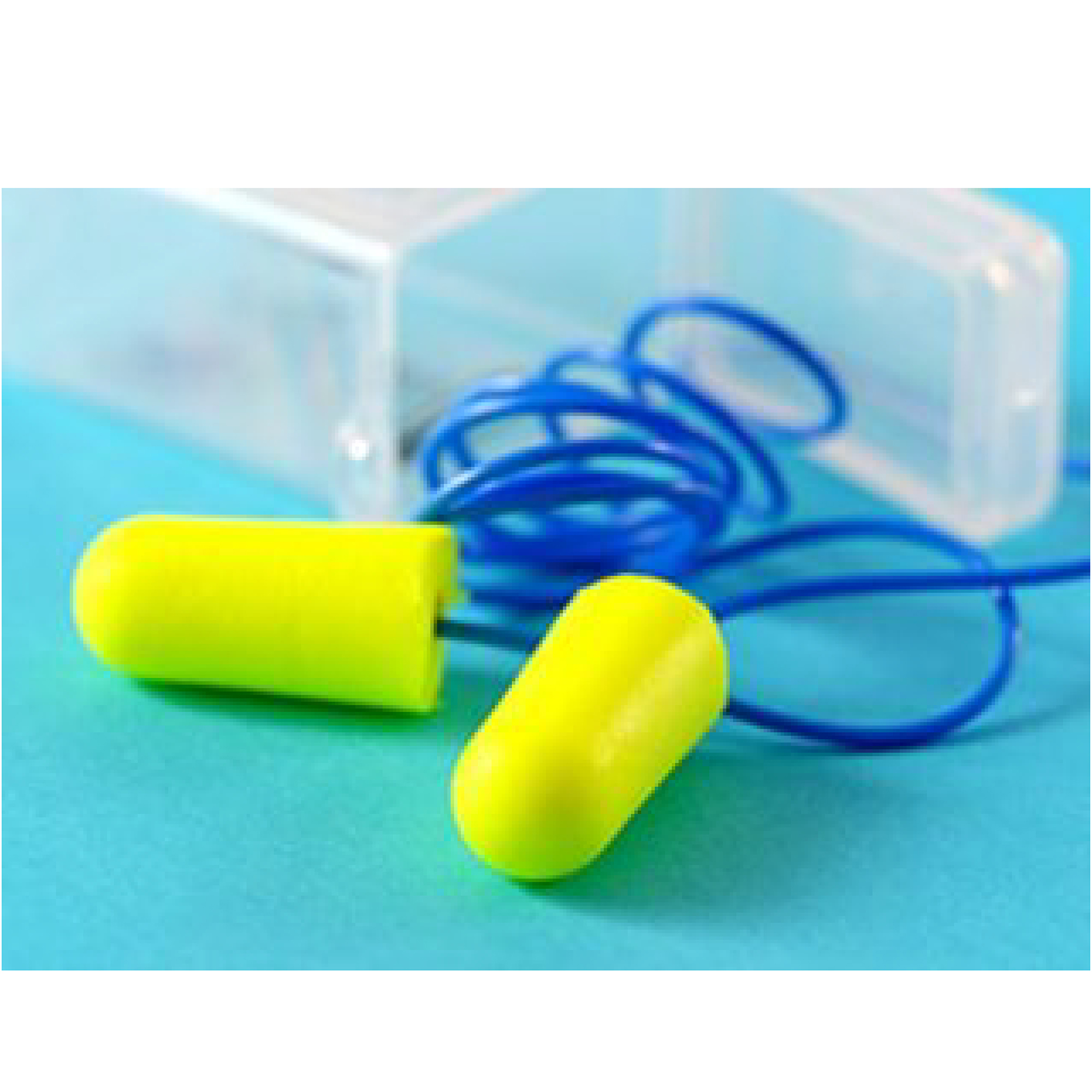Blog
Snoring Mouth Guard Best Guide to Stop Snoring Naturally
- TAM SPARKES
Table of Contents
Snoring is a common issue that affects millions of people worldwide, disrupting sleep quality for both the snorer and their partner. If you’re struggling with snoring, a snoring mouth guard might be the solution you need. But how do these devices work, and are they effective? In this comprehensive guide, we’ll explore everything you need to know about snoring mouth guards, their benefits, and how to choose the right one for you.
What is a Snoring Mouth Guard?
A snoring mouth guard, also known as a mandibular advancement device (MAD) or tongue stabilising device (TSD), is a dental appliance designed to reduce or eliminate snoring. These devices reposition the jaw or tongue to keep the airway open, preventing the vibrations that cause snoring.
How Do Snoring Mouth Guards Work?
Snoring occurs when airflow is partially obstructed during sleep, leading to vibrations in the throat. Snoring mouth guards work by:
- Advancing the lower jaw: MADs gently push the lower jaw forward, preventing airway collapse.
- Holding the tongue in place: TSDs stop the tongue from falling back into the throat, reducing airway blockage.
- Improving airflow: By keeping the airway clear, these devices promote better breathing and reduce snoring frequency.
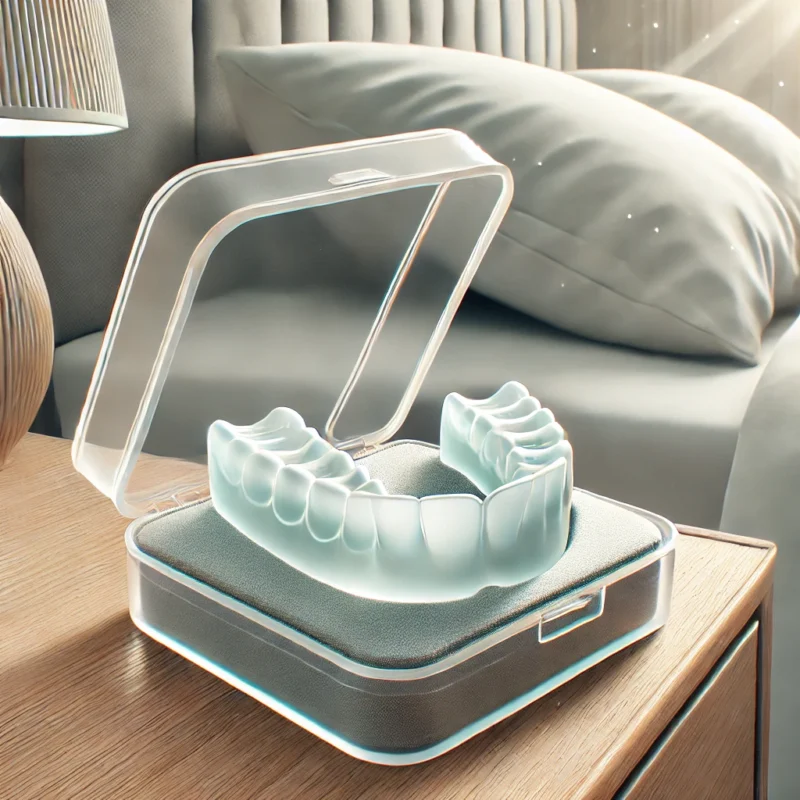
Benefits of Using a Snoring Mouth Guard
1. Improved Sleep Quality
By reducing snoring, these devices help you and your partner enjoy uninterrupted sleep, leading to better rest and overall well-being.
2. Non-Invasive and Affordable
Unlike surgery or CPAP machines, snoring mouth guards offer a cost-effective and non-invasive solution.
3. Custom Fit for Comfort
Many models can be custom-moulded to fit your mouth, ensuring maximum comfort and effectiveness.
4. Portable and Travel-Friendly
Compact and easy to carry, they are ideal for those who travel frequently and need a simple snoring solution.
Types of Snoring Mouth Guards
When selecting a snoring mouth guard, you’ll come across two main types:
1. Mandibular Advancement Devices (MADs)
- Most common type.
- Pushes the lower jaw forward to keep the airway open.
- Can be adjusted for a personalised fit.
2. Tongue Stabilising Devices (TSDs)
- Holds the tongue in place to prevent airway blockage.
- Ideal for those who can’t use MADs due to dental issues.
How to Choose the Best Snoring Mouth Guard
1. Comfort and Fit
Look for a device that can be adjusted or custom-fitted for maximum comfort.
2. Material and Safety
Ensure the mouth guard is BPA-free and made from medical-grade materials.
3. Ease of Maintenance
Choose a device that is easy to clean and durable.
4. Customer Reviews and Expert Recommendations
Check user feedback and consult with a dentist if necessary.
Are There Any Side Effects?
While snoring mouth guards are generally safe, some users may experience:
- Mild discomfort in the jaw or teeth.
- Excess saliva or dry mouth.
- Initial adjustment period (usually a few nights).
Conclusion: Should You Try a Snoring Mouth Guard?
If snoring is affecting your sleep and quality of life, a snoring mouth guard could be a practical and effective solution. With multiple options available, choosing the right device tailored to your needs can significantly improve your sleep and overall health.
Where to Buy the Best Snoring Mouth Guards
You can find high-quality snoring mouth guards online, at pharmacies, or through dental professionals. Be sure to read reviews and select one that suits your specific requirements.
By investing in a snoring mouth guard, you’re taking a positive step towards better sleep, improved health, and happier nights for both you and your partner.
FAQs
1. How long does it take to adjust to a snoring mouth guard?
Most people adapt within a few nights, though some may take up to two weeks.
2. Can I use a snoring mouth guard if I have dentures?
TSDs may be a better option if you wear dentures, but consult a dentist for recommendations.
3. Do snoring mouth guards help with sleep apnoea?
Mild to moderate cases may benefit, but severe sleep apnoea requires medical consultation.
4. How do I clean my snoring mouth guard?
Use warm water and mild soap daily. Some models come with cleaning solutions.
5. Are snoring mouth guards safe for long-term use?
Yes, but regular dental check-ups are recommended to monitor any changes in your bite or jaw alignment.

